University of Winchester 2025
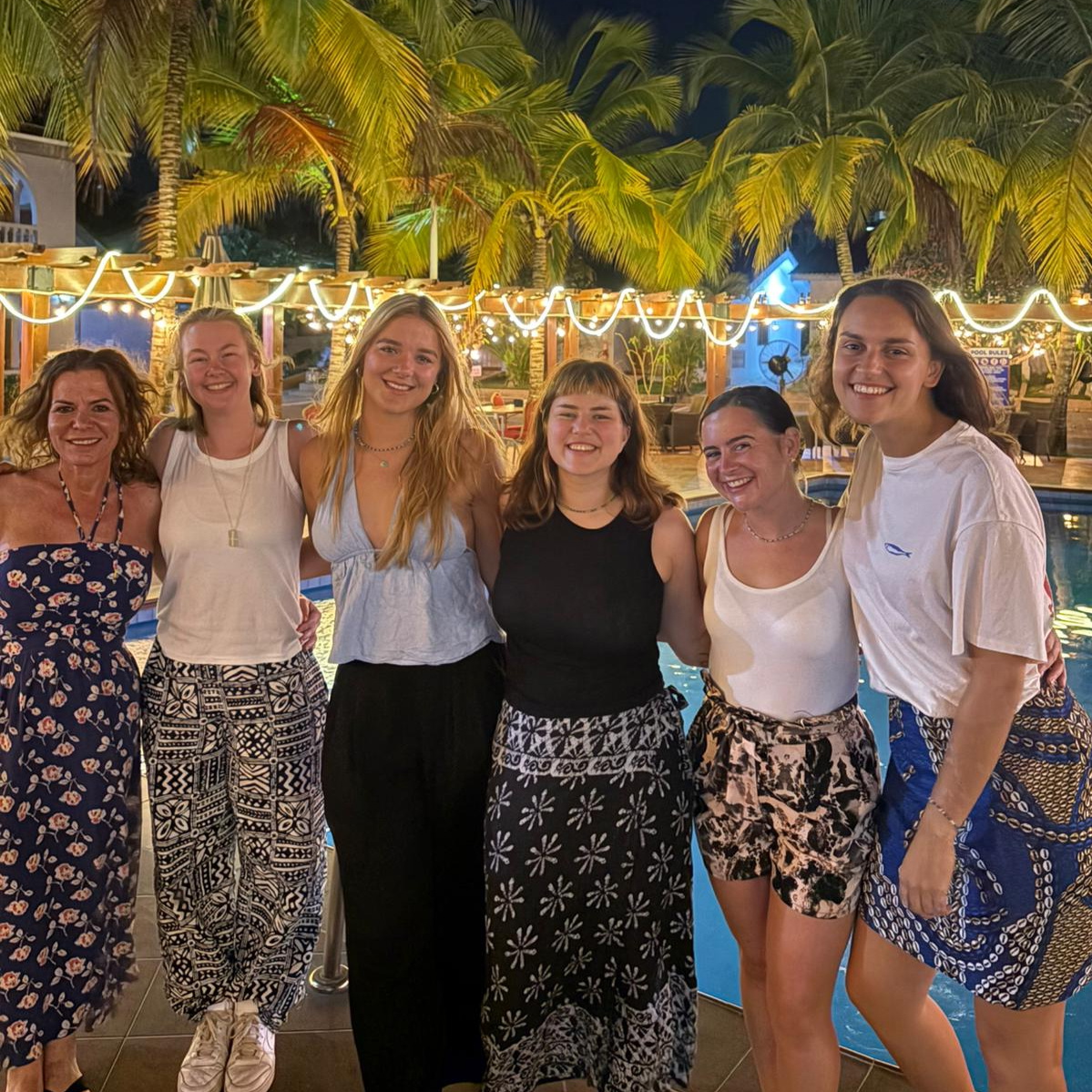 I was inspired to undertake an overseas placement to challenge myself personally and professionally while experiencing healthcare in a very different cultural context. As a physiotherapy student, I knew that getting experience in a resource-limited environment would push me to become more adaptable and creative in my clinical reasoning.
I was inspired to undertake an overseas placement to challenge myself personally and professionally while experiencing healthcare in a very different cultural context. As a physiotherapy student, I knew that getting experience in a resource-limited environment would push me to become more adaptable and creative in my clinical reasoning.
I was also motivated by the opportunity to learn from healthcare professionals in Ghana, who work with limited resources yet provide outstanding care through resilience, teamwork, and innovation. Beyond clinical growth, I wanted to immerse myself in a new culture, broaden my worldview, and build confidence working with diverse patients and colleagues, skills that will strengthen my future practice in the NHS.
My first impressions of the hospital were of a busy, dynamic environment where staff and patients made the most of the resources they had available to them. I immediately noticed the strong sense of community — patients often supported one another, and families played a significant role in care.
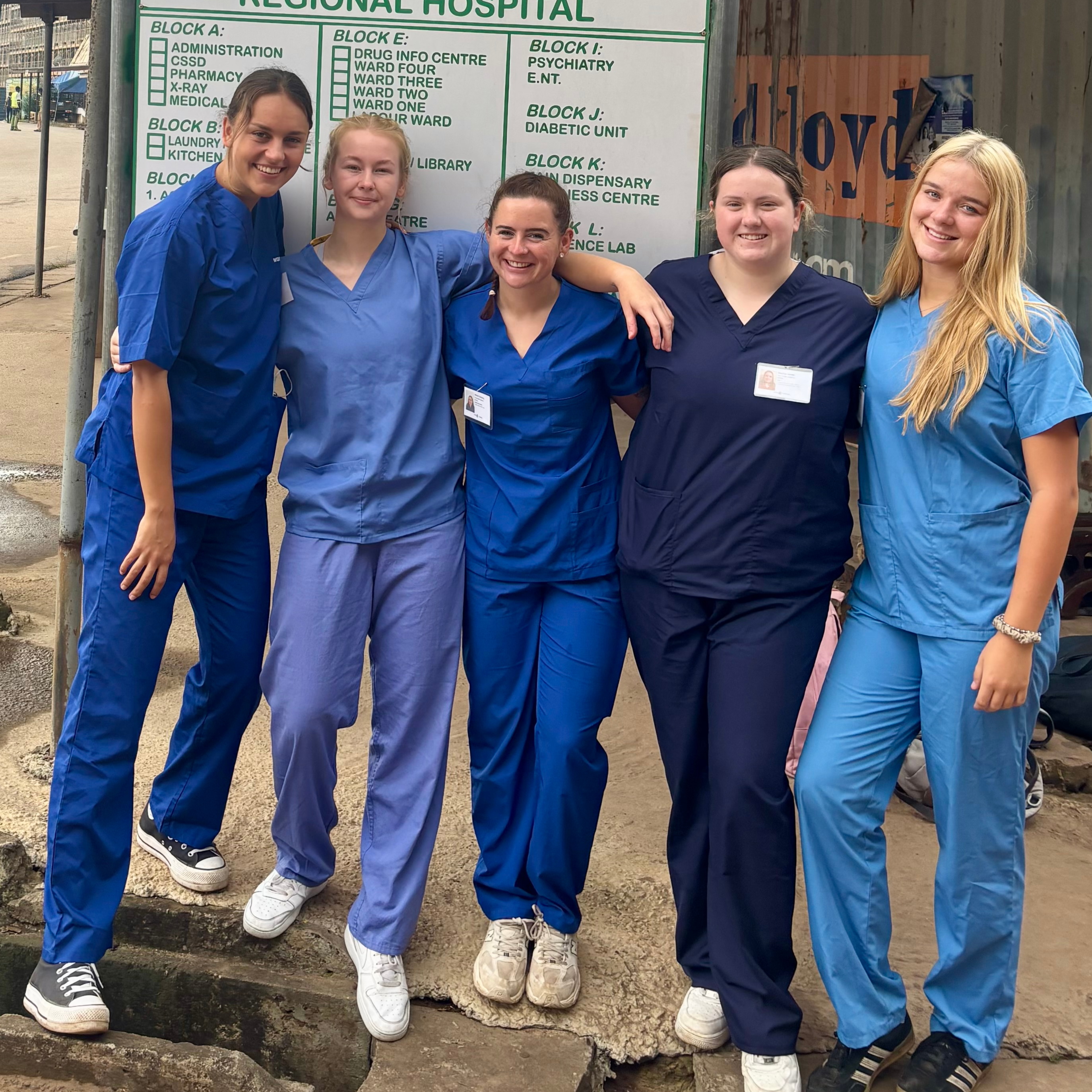 The wards felt different from what I was used to in the UK; equipment was limited, but the staff's creativity and clinical knowledge ensured patients still received meaningful treatment. I noticed how welcoming the team was. Despite the challenges they faced, they were eager to teach and include me in their daily practice.
The wards felt different from what I was used to in the UK; equipment was limited, but the staff's creativity and clinical knowledge ensured patients still received meaningful treatment. I noticed how welcoming the team was. Despite the challenges they faced, they were eager to teach and include me in their daily practice.
During my placement, I developed stronger assessment and treatment skills by relying less on technology and more on observation, palpation, and communication with patients. I became more resourceful in designing treatment sessions using minimal equipment, which really strengthened my problem-solving skills.
I also improved my manual therapy and exercise prescription, tailoring interventions to what was feasible for each patient. Interdisciplinary communication was another key skill. I learned how essential teamwork is when resources are stretched. Most importantly, I gained confidence in quickly adapting to unfamiliar clinical environments and in thinking creatively to meet patient needs.
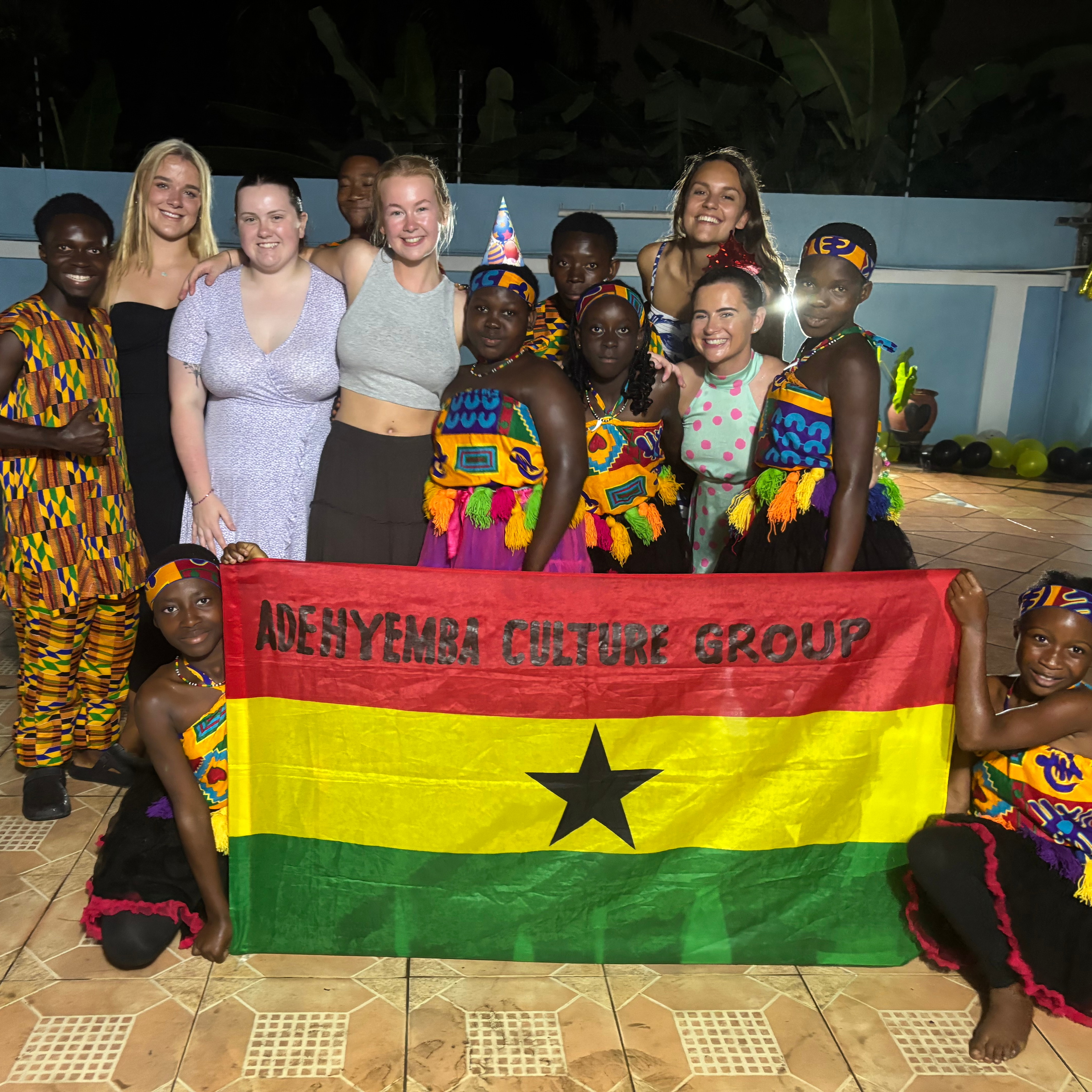 During my placement, I saw many paediatric patients with hydrocephalus, Down syndrome, and cerebral palsy. The interventions were quite different to what I’d seen in the UK, often focusing on functional mobility, caregiver education, and making the most of limited resources. It was eye-opening to see how physiotherapists adapted their techniques, and it really made me appreciate the impact of even small interventions in improving a child’s quality of life.
During my placement, I saw many paediatric patients with hydrocephalus, Down syndrome, and cerebral palsy. The interventions were quite different to what I’d seen in the UK, often focusing on functional mobility, caregiver education, and making the most of limited resources. It was eye-opening to see how physiotherapists adapted their techniques, and it really made me appreciate the impact of even small interventions in improving a child’s quality of life.
The local hospital staff taught me a lot about adapting to challenges and making the most of limited resources. They explained why specific approaches were used, such as relying more on manual techniques or on family support, which helped me understand the reasoning behind local practices.
I really admired how resourceful they were and how much emphasis they placed on teamwork and patient education. Their willingness to share knowledge and include me in their practice gave me a deeper appreciation for physiotherapy in different cultural and healthcare contexts.
The most striking difference was the availability of resources. In Ghana, there were fewer machines, equipment, and medications than in the NHS, so healthcare professionals relied heavily on their clinical knowledge and creativity. Family members were more directly involved in patient care, assisting with mobility and daily care needs.
 The pace of treatment also varies, with patients sometimes having longer hospital stays due to the challenges of follow-up care in the community. In contrast, the NHS emphasises structured pathways, specialist equipment, and rehabilitation services. Experiencing these differences made me appreciate the strengths of both systems and helped me understand how adaptable physiotherapy can be across contexts.
The pace of treatment also varies, with patients sometimes having longer hospital stays due to the challenges of follow-up care in the community. In contrast, the NHS emphasises structured pathways, specialist equipment, and rehabilitation services. Experiencing these differences made me appreciate the strengths of both systems and helped me understand how adaptable physiotherapy can be across contexts.
Evenings at the Work the World house were a highlight of the trip. My housemates and I often shared meals, reflecting on our day and learning about each other’s experiences in different hospital departments. On weekends, we had the chance to travel and explore Ghana.
We visited the village on stilts, explored the beaches of Busua, and participated in cultural experiences, including visiting local markets and eating traditional food. These adventures not only gave me the chance to see more of the country but also helped me build strong friendships with other students from around the world. The balance of hospital learning and travel made the experience unforgettable.
It is one of the most rewarding experiences you can have as a student. You will learn skills that no classroom or textbook can teach you: adaptability, resilience, and cultural competence. You’ll also gain a deeper appreciation for healthcare back home while seeing firsthand the dedication of professionals working in different circumstances.
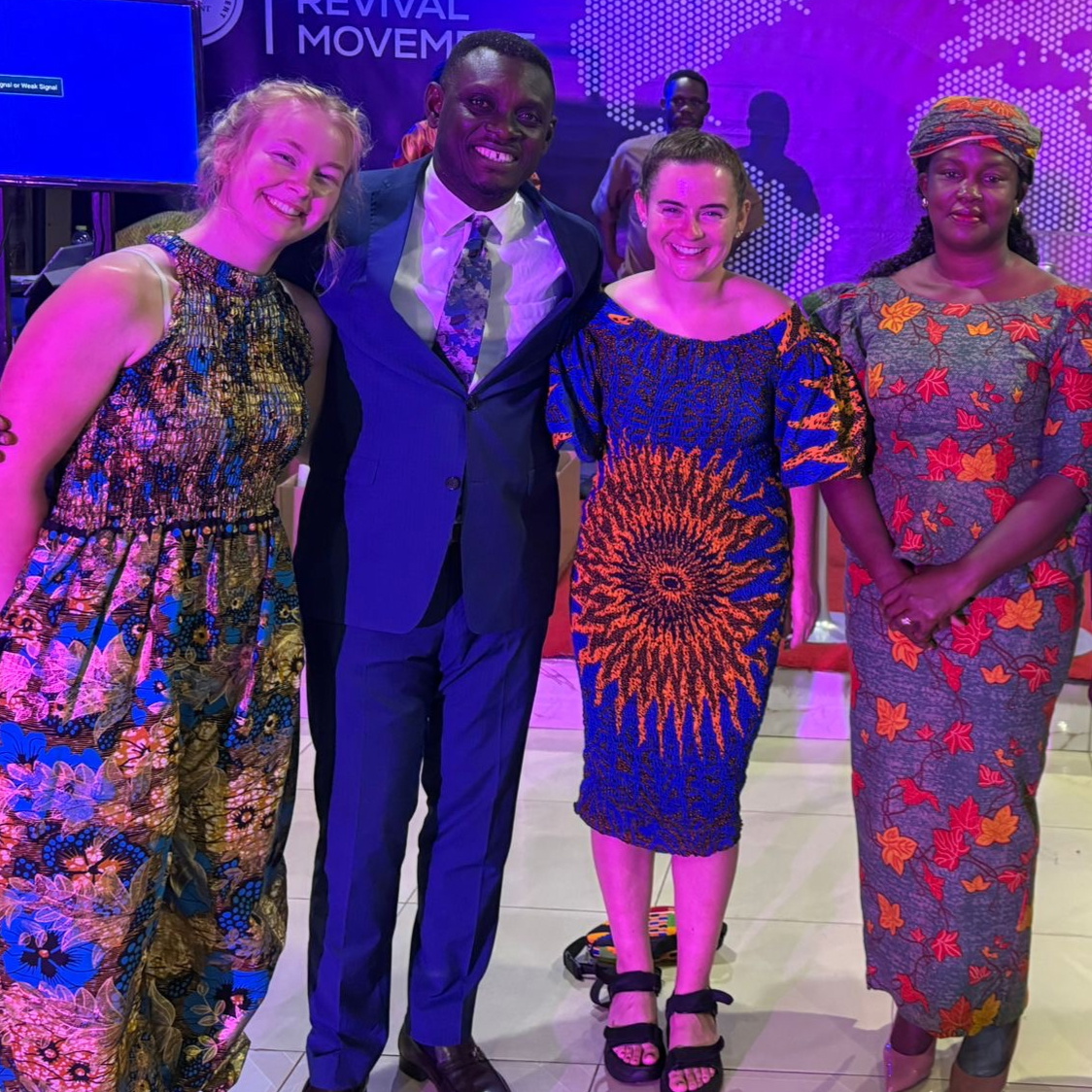 Beyond the clinical learning, you’ll make lifelong friendships and memories. It’s an opportunity to grow personally and professionally, and it will stand out on your CV as evidence of your initiative and commitment to your career.
Beyond the clinical learning, you’ll make lifelong friendships and memories. It’s an opportunity to grow personally and professionally, and it will stand out on your CV as evidence of your initiative and commitment to your career.
My placement in Ghana was an experience that will stay with me throughout my career. It not only improved my clinical confidence but also gave me a renewed sense of purpose and passion for physiotherapy.
I came home with a deeper appreciation for the value of teamwork, cultural exchange, and patient-centred care. I recommend the Work the World programme if you want to push yourself beyond your comfort zone and return as a more skilled, compassionate, and globally-minded healthcare professional.
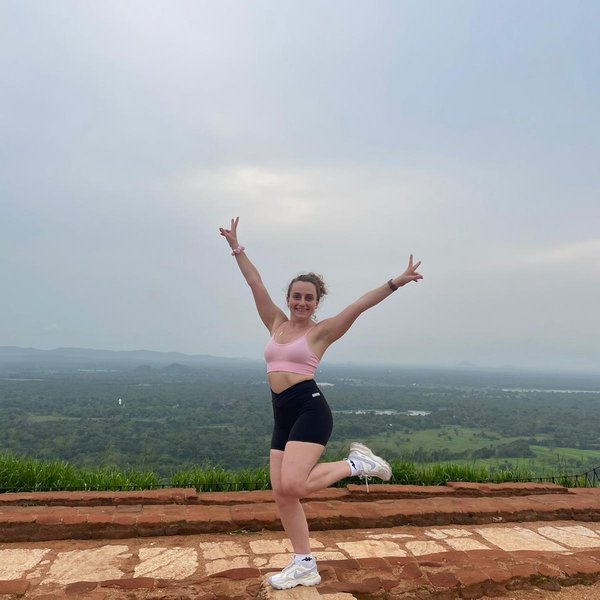
Start Your Journey
Want to go on your own once-in-a-lifetime adventure? Get started below:
Want to go on your own once-in-a-lifetime adventure? Get started below:
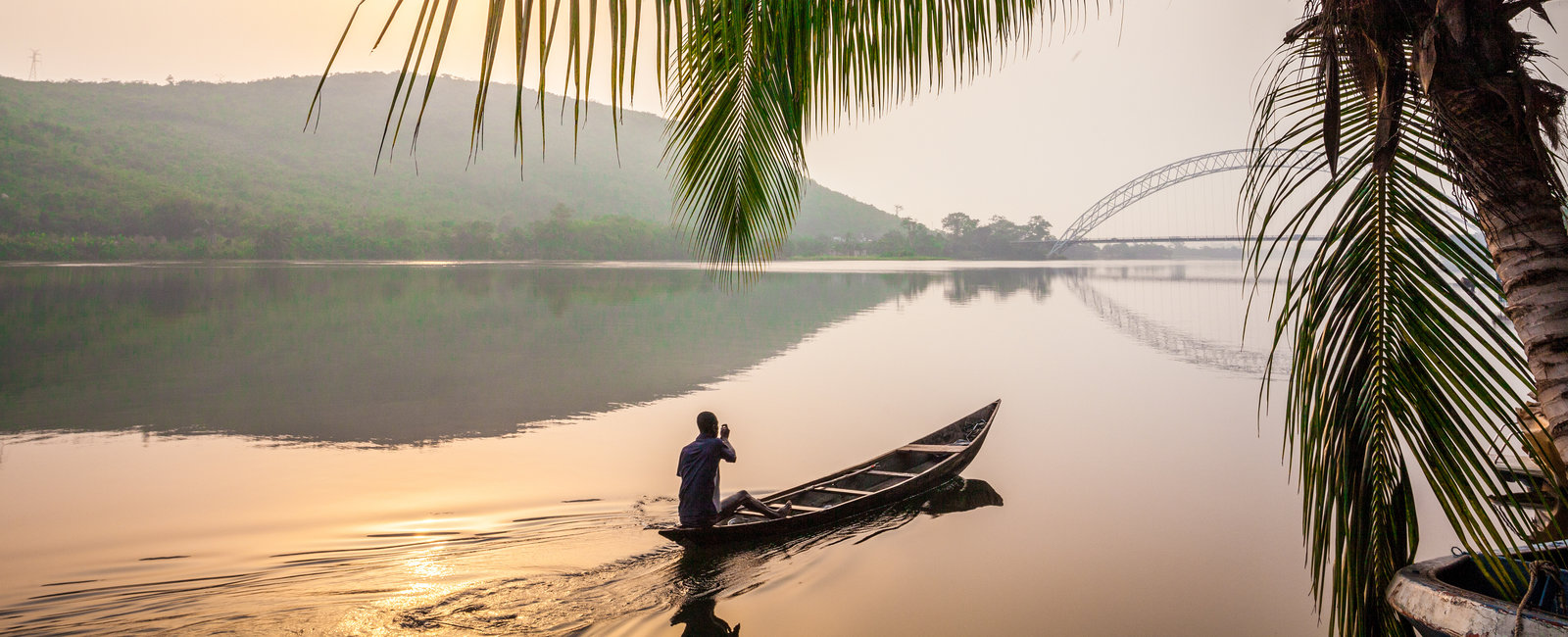


%20Thumbnail%20Image.png)




